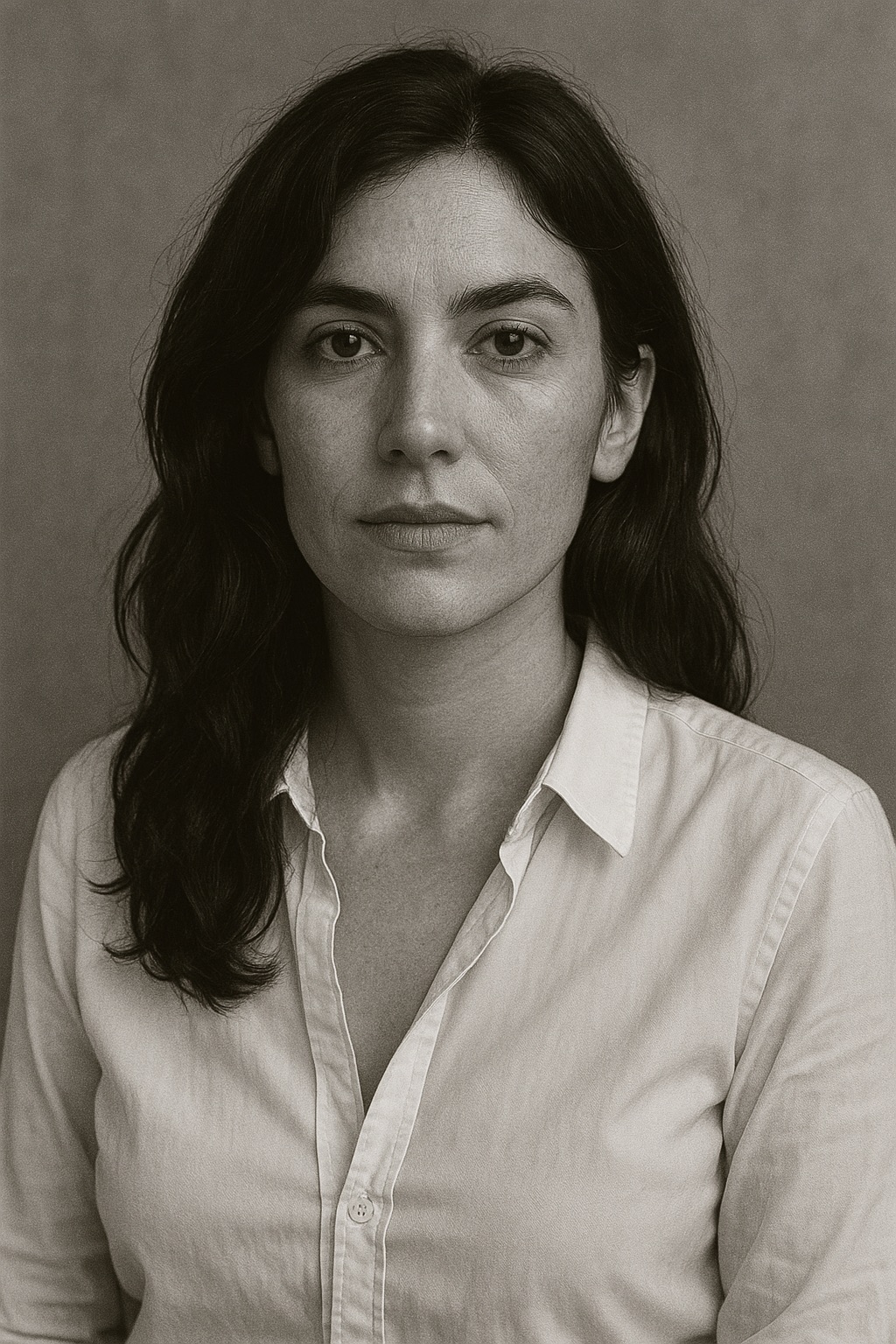October 23, 2025 — In what could mark a turning point for quantum computing, Google yesterday unveiled a landmark achievement that validates years of speculation about the technology's commercial viability — and it's sending shockwaves through Silicon Valley's quantum startup ecosystem.
Google's Willow chip just demonstrated the first-ever verifiable quantum advantage with its new "Quantum Echoes" algorithm, running a complex physics simulation 13,000 times faster than the world's most powerful supercomputer. What makes this different from past claims? The results can actually be verified by other quantum computers or through real-world experiments — solving a credibility crisis that has long plagued the field.
"This is about more than bragging rights," says Hartmut Neven, Founder and Lead of Google Quantum AI. The Quantum Echoes algorithm successfully modeled molecular structures and matched results from nuclear magnetic resonance spectroscopy, potentially unlocking applications in drug discovery and materials science within five years. That's not some distant sci-fi promise — Google is talking about practical applications by 2030.
But while Google's engineering teams in Mountain View celebrate, the quantum startups trying to compete are facing a harsh reality check from public markets. The disconnect between technological promise and financial performance has never been more glaring.
The IPO Darlings Hit Turbulence
Take IonQ, the Maryland-based quantum computing company that's become Wall Street's quantum computing poster child. Despite posting 82% year-over-year revenue growth in Q2 2025, hitting $20.7 million, the company hemorrhaged $177.5 million in net losses during the same quarter. Operating expenses exceeded $103 million driven by R&D spending and a string of acquisitions including Lightsynq, Capella Space, and ID Quantique.
Yet investors can't seem to get enough. IonQ's stock has surged approximately 350% over the past year, and the company raised $1 billion in July through an equity offering — the largest single investment in quantum computing history — bringing its cash reserves to $1.6 billion. For context, that's enough runway for less than nine quarters at current burn rates.
Just two days ago, IonQ announced it had achieved a new quantum computing record with 99.99% gate fidelity, signaling genuine technical progress. But here's the uncomfortable truth: with full-year 2025 revenue guidance of just $82-100 million against that $1.6 billion war chest, IonQ needs to prove it can convert hype into sustainable business models before the money runs out.
Rigetti's Rollercoaster Ride
Berkeley-based Rigetti Computing is experiencing even more dramatic volatility. The company's stock has climbed approximately 3,800% over the past year, but Q2 2025 revenue actually declined 42% year-over-year to a mere $1.8 million. Operating costs grew to $20.4 million while the company's net loss surged to $39.6 million.
The company's saving grace? A $350 million capital raise that closed during Q2, bringing cash reserves to approximately $571.6 million. Rigetti also secured government contracts worth $11.5 million, including a $5.8 million Air Force Research Laboratory deal.
But with a market cap around $13 billion and a price-to-sales ratio of 1,480, Rigetti trades at valuations that would make even the most speculative tech investors nervous. For perspective, that makes Palantir's already-expensive 130x P/S ratio look conservative.
D-Wave's Quantum Annealing Bet
Then there's D-Wave Quantum, the Canadian-American company taking a contrarian approach with quantum annealing technology rather than gate-based systems. D-Wave posted 42% revenue growth in Q2 2025, hitting $3.1 million, while reporting a net loss of $167.3 million.
Here's where it gets interesting: D-Wave ended Q2 with $819 million in cash following a $400 million equity offering, up dramatically from the prior year. The stock has exploded over 3,460% in the past year, giving D-Wave a market cap around $11 billion on minimal revenue.
Billionaire investors are piling in, with Paul Tudor Jones' Tudor Investment Corp initiating an 827,416-share position in Q2, and Ken Griffin's Citadel Advisors purchasing 84,102 shares. The company recently secured a 10 million euro deal with Swiss Quantum Technology to deploy its Advantage2 quantum computer in Europe, validating commercial traction.
The Verdict: Promise vs. Reality
Google's breakthrough validates that quantum computing isn't vaporware. The Willow chip uses 105 superconducting qubits and was built in Google's state-of-the-art fabrication facility in Santa Barbara, demonstrating that deep-pocketed tech giants have resources that startups can't match.
But for investors evaluating the public quantum startups, the math is brutal. IonQ, Rigetti, and D-Wave are collectively valued at over $40 billion while generating less than $30 million in combined quarterly revenue. These companies are burning through capital at breathtaking rates — Rigetti loses roughly $40 million per quarter, IonQ's Q2 loss hit $177.5 million, and D-Wave posted a $167.3 million quarterly loss.
Even with recent capital raises, the runway to profitability stretches to 2030 or beyond. With D-Wave's price-to-sales multiple at 336 and Rigetti at 1,480, these valuations assume years of flawless execution and explosive growth.
The quantum computing market could reach $72 billion by 2035, according to McKinsey projections. Google's breakthrough suggests the technology works — but whether IonQ, Rigetti, and D-Wave can survive long enough to capture meaningful market share against trillion-dollar competitors remains Silicon Valley's $40 billion question.
For now, quantum computing stocks represent pure speculation on an unproven technology. The science is advancing, but the business models remain uncertain. Smart investors should watch these companies closely, but recognize that buying at today's valuations means betting everything on a quantum future that may still be years away.
